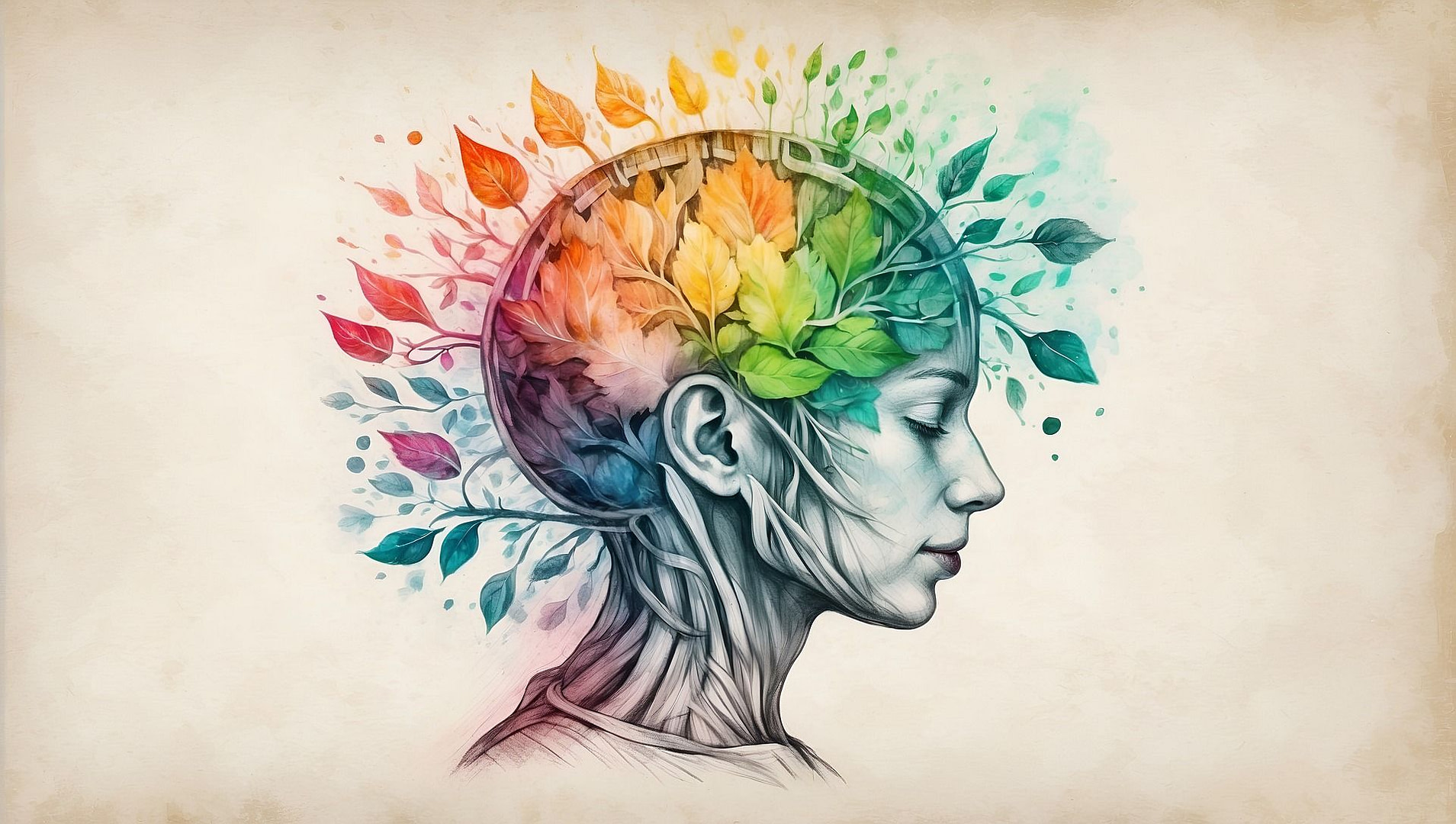With the right mindset and approach, we can learn to think better about difficult questions and find practical solutions. The short video above clarifies that we can learn to think better about difficult questions.
As we navigate our personal and professional lives, we often face difficult questions that challenge us and force us to think outside of our comfort zones. These questions can range from ethical dilemmas to complex problem-solving situations. In this blog post, we will discuss seven steps to help you improve your thinking process when faced with difficult questions.
1. To Think Better Take Time to Pause and Reflect
The first step in thinking better about difficult questions is to pause and reflect. Often, when faced with a difficult question, our immediate reaction is to jump to a solution. However, taking a moment to pause and reflect on the question can help us better understand the problem and its underlying factors. This will allow us to approach the question clearly and focused.
2. Define Difficult Questions
Once you have taken a moment to pause and reflect, the next step is to define the question. Many times, difficult questions can be vague and open to interpretation. By clearly defining the question, you can narrow down the scope of the problem and identify the specific areas that need to be addressed. This will help you avoid getting sidetracked and focus on finding a solution.
3. Break Down Difficult Questions
Breaking down a difficult question into smaller, manageable parts can make it less overwhelming and more straightforward. This technique is beneficial for complex problems that require a multi-faceted approach. By dividing the question into smaller components, you can analyze each part separately and bring them together to form a comprehensive solution.
4. Consider Different Perspectives
When faced with a difficult question, it can be helpful to consider different perspectives. This means looking at the problem from various angles and understanding how others might perceive it. This will help you gain a more comprehensive understanding of the question and allow you to come up with more creative and diverse solutions.
5. Use Critical Thinking
Critical thinking is an essential skill when it comes to thinking better about difficult questions. It involves analyzing information, evaluating evidence, and using logical reasoning to arrive at a well-reasoned conclusion. By applying critical thinking, you can avoid jumping to conclusions and gather and assess all the relevant information before deciding.
6. Don't Be Afraid to Ask for Help with Difficult Questions
It is okay to ask for help when faced with a difficult question. Seeking advice from others, especially those with different perspectives and expertise, can provide valuable insights and help you think more critically about the problem. It also shows humility and a willingness to learn, which are essential, especially in a professional setting.
7. To Think Better: Practice, Practice, Practice
Lastly, the key to thinking better about difficult questions is practice. Just like any other skill, critical thinking and problem-solving require continuous practice to improve. Seek out challenging questions and actively work on finding solutions. Over time, you will become more comfortable and confident in your ability to think better about difficult questions.
You Can Think Better About Difficult Questions
In conclusion, difficult questions are a natural part of life, and learning to think better about them is a valuable skill that can benefit us personally and professionally. By incorporating these strategies into your thinking process, you can confidently approach difficult questions and find effective solutions. Remember to pause and reflect, define the question, break it down, consider different perspectives, use critical thinking, ask for help when needed, and practice regularly. With these tools in your arsenal, you will be equipped to handle any difficult question that comes your way.



